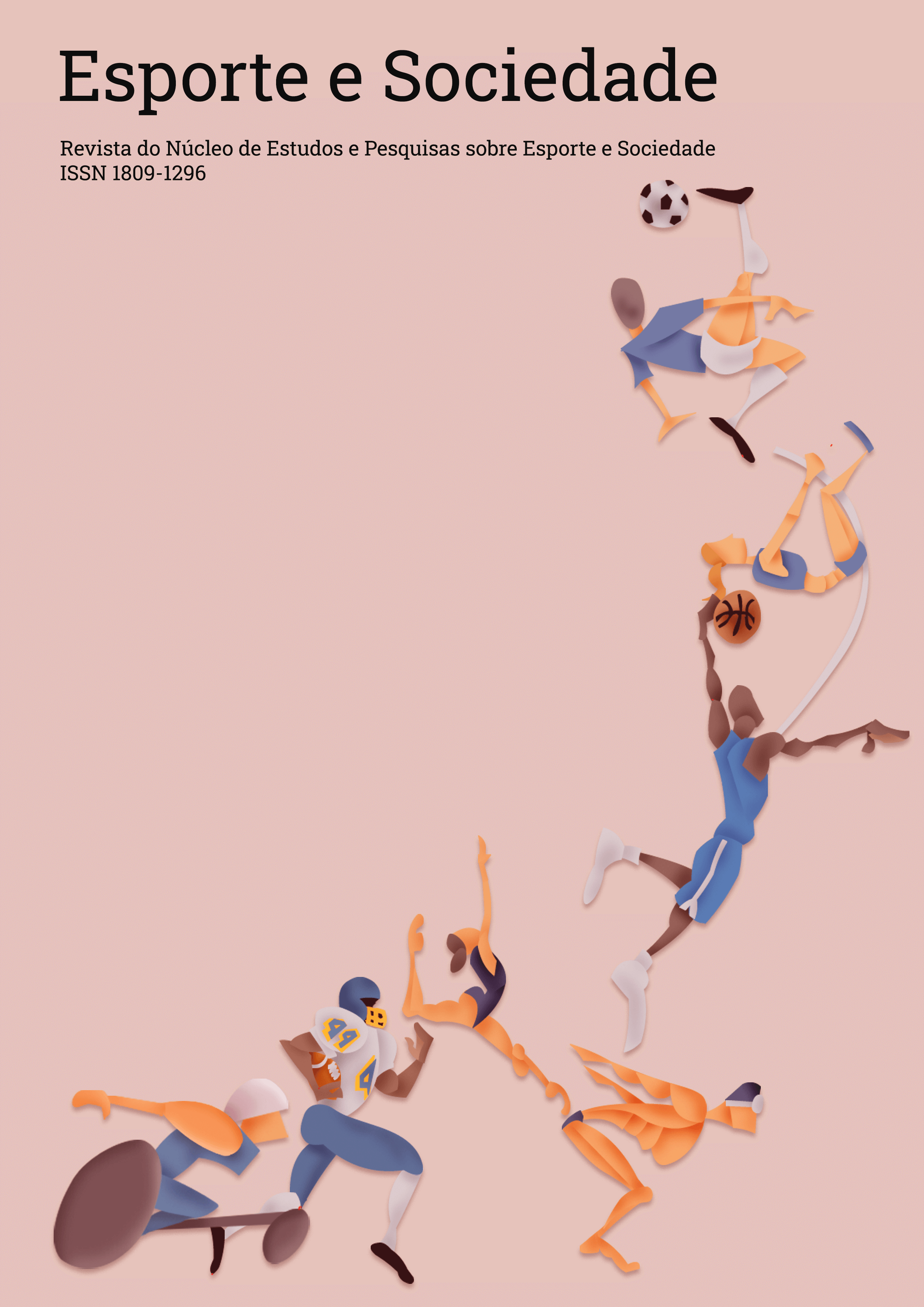Football Culture and Sports Imaginary in Latin America: an Overview
an overview
Resumo
The article deals with the intellectual discussion about the idea of Latin America, with the objective of showing how this debate is manifested in the context of the region’s professional football. The argument we propose is that the design of a Latin American unit encountered difficulties regarding the construction of identity throughout its history, more precisely between the late 19th century and the end of the last century. If the geographical territories often cross historical periods of continuous exchange between unity and fragmentation, approximation and distancing, the Latin American case draws attention to the particular characteristics of its colonial heritage. Without being only a dimension of the past, such influences became more complex throughout the 20th century, when the emergence of the United States as a hegemonic power began to have decisive effects on Latin American economy, politics, and culture. Our purpose here is to suggest that, although USA’s hegemony is uncontested in all contexts of collective life in Latin America, its presence was not directly felt regarding modern sports, especially in the practice of professional football, through intercontinental tournaments of clubs and National teams. In this context, the otherness remained focused on the other side of the Atlantic: either to the United Kingdom, responsible for inventing and making the rules of sports practices; or to Latin European countries – France, Italy, Spain and Portugal – that influenced in institutional and cultural terms the styles and playing techniques in South America.


